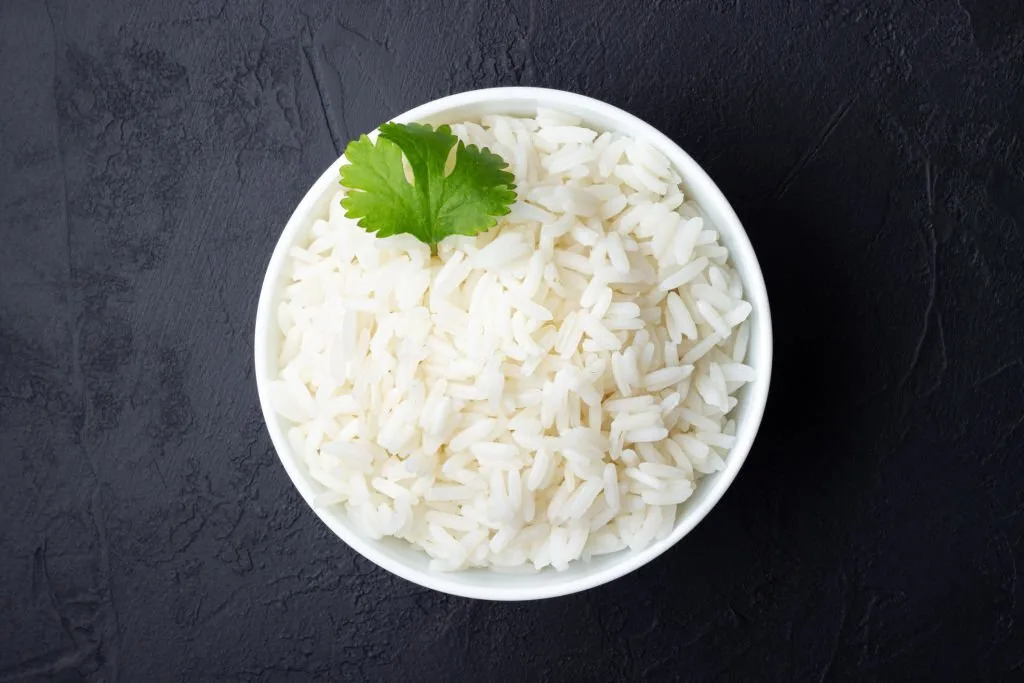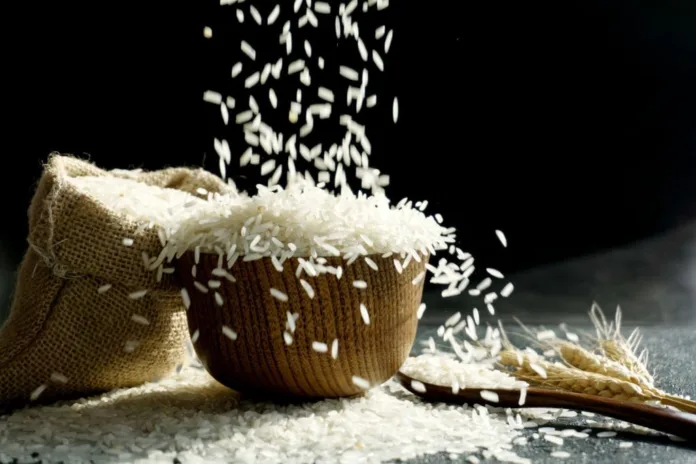Rice is a staple food for many people around the world. It is a good source of carbohydrates and calories, but it can also be high in glycemic index (GI). This means that it can cause blood sugar levels to rise quickly.
So, does eating rice make you fat? The answer is not always simple. It depends on a number of factors, including the type of rice, the portion size, and your overall diet.
White rice is the most common type of rice and it is also the highest in GI. This means that it can cause blood sugar levels to rise quickly. If you are prone to weight gain or diabetes, it is best to limit your intake of white rice.
Brown rice is a healthier option than white rice. It is lower in GI and it is also a good source of fiber. Fiber helps to slow down the absorption of sugar into the bloodstream, which can help to prevent weight gain.

Wild rice is another healthy option. It is a good source of protein and fiber. Protein helps to keep you feeling full, which can help to prevent overeating.
The portion size also matters. If you eat a large portion of rice, you are more likely to gain weight than if you eat a small portion. It is important to be mindful of your portion sizes when eating rice.
Your overall diet also plays a role. If you eat a lot of processed foods and sugary drinks, you are more likely to gain weight, even if you eat rice in moderation. It is important to eat a balanced diet that includes plenty of fruits, vegetables, and whole grains.
So, does eating rice make you fat? It is not always the case. If you choose brown rice or wild rice and eat it in moderation, it can be a part of a healthy diet. However, if you eat a lot of white rice or eat large portions, it can contribute to weight gain.
Here are some tips for eating rice in a healthy way:
- Choose brown rice or wild rice over white rice.
- Eat smaller portions.
- Pair rice with protein and fiber-rich foods.
- Limit your intake of processed foods and sugary drinks.
By following these tips, you can enjoy rice as part of a healthy diet.




